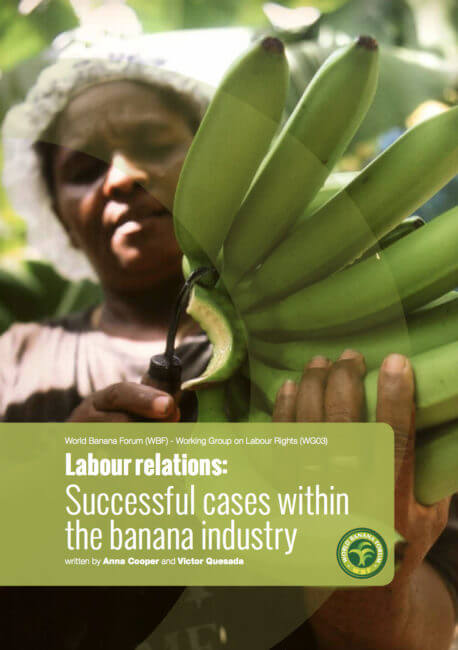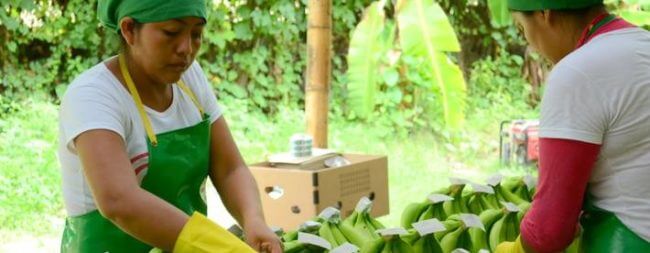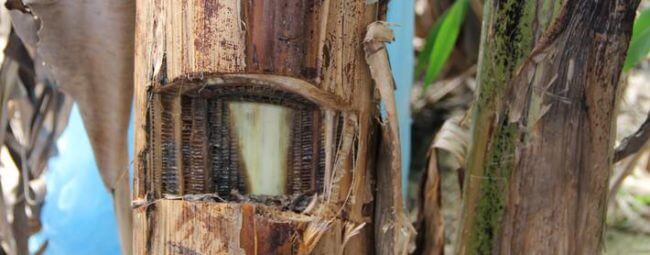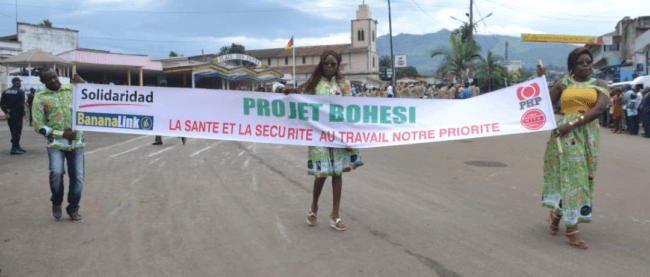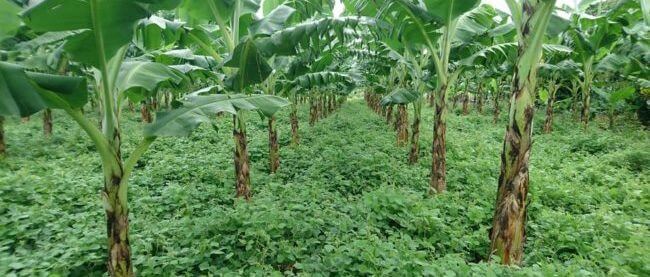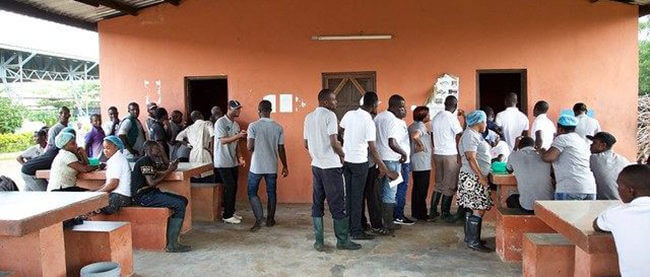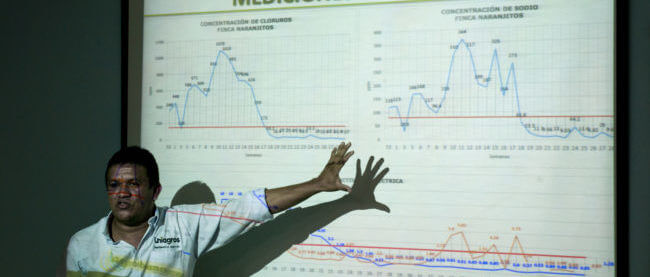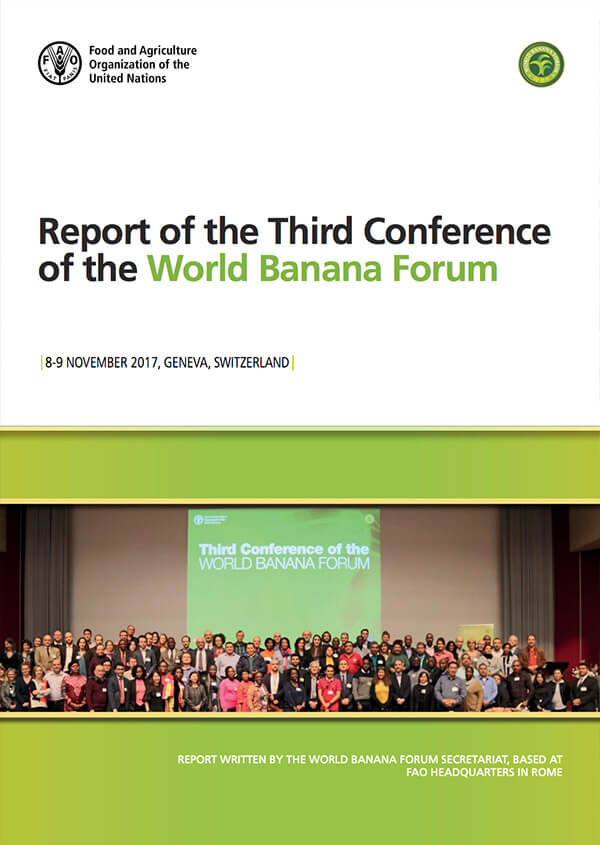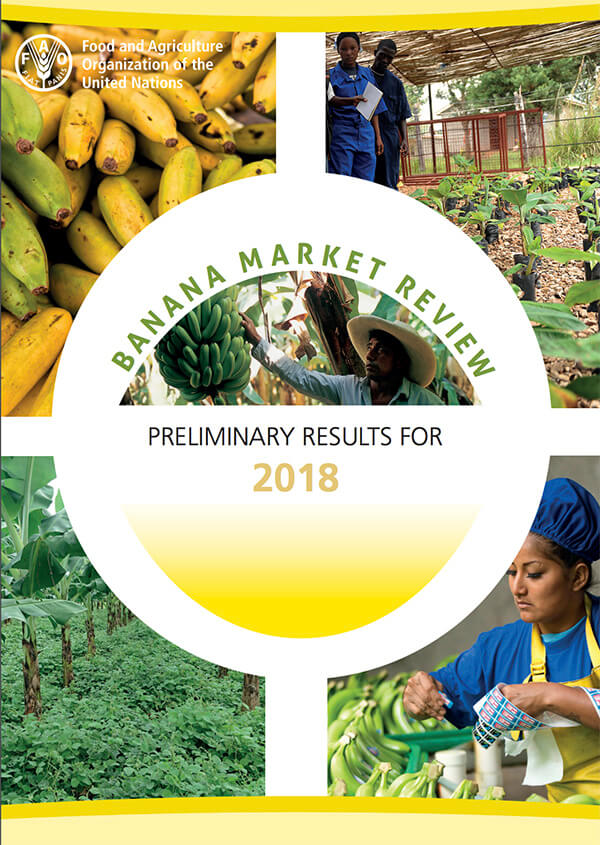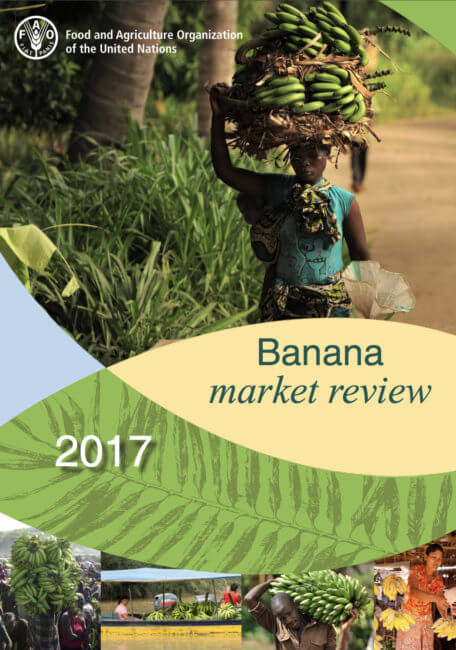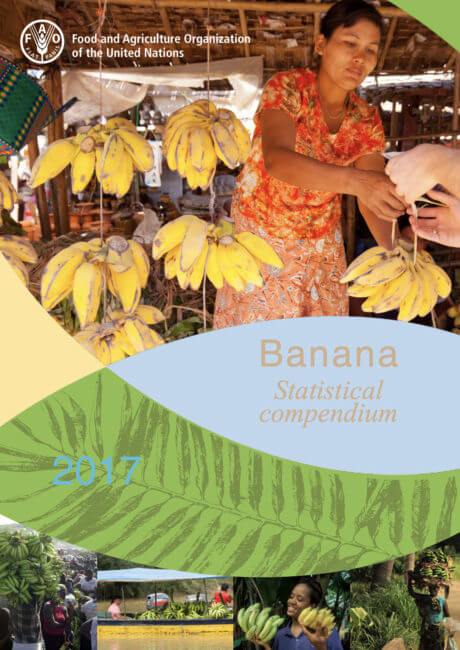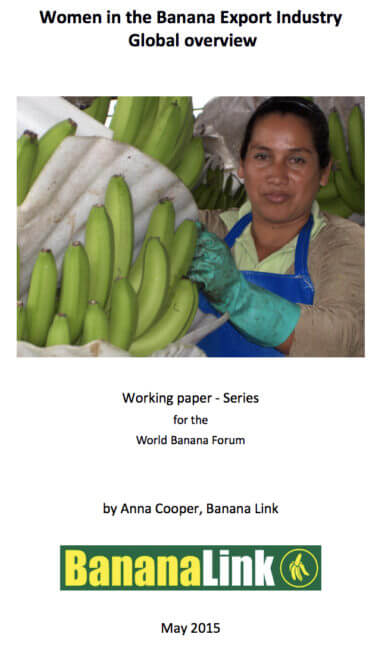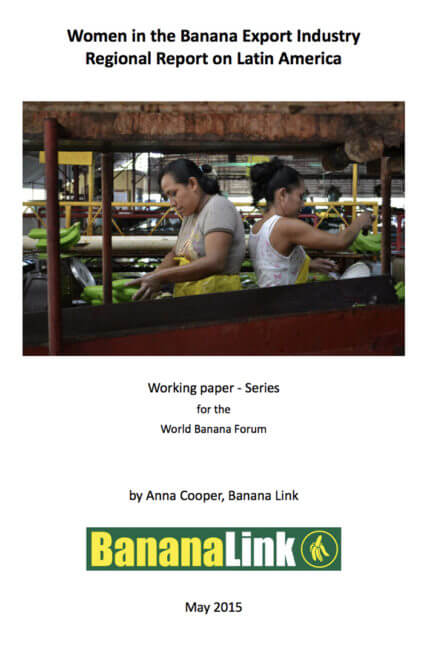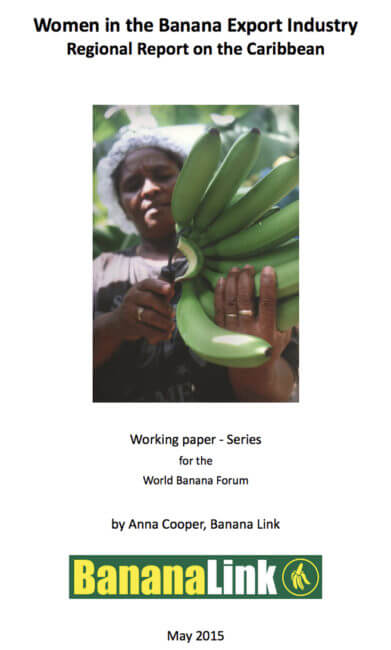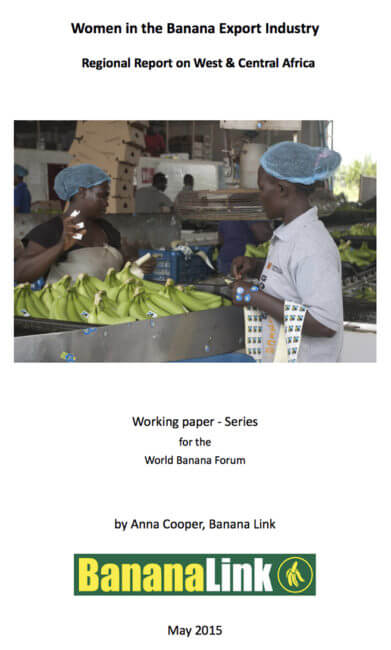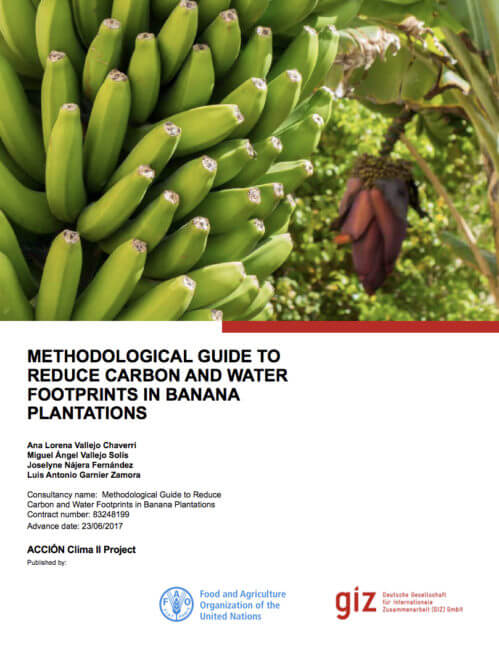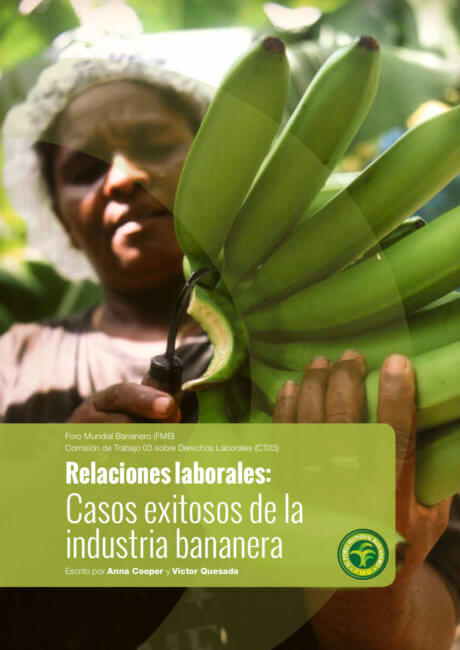Banana Link is an active member of the World Banana Forum (WBF), which is a space where the main stakeholders of the global banana supply-chain work together to achieve consensus on best practices for sustainable production and trade. We believe collaboration is the key for progress.
The mission of the World Banana Forum is to:
- inspire collaboration between stakeholders that produces pragmatic outcomes for the betterment of the banana industry; and
- achieve consensus of best practices regarding workplace issues, gender equity, environmental impact, sustainable production and economic issues.
The WBF brings together retailers, importers, producers, exporters, consumer associations, governments, research institutions, trade unions, and civil society organizations.
